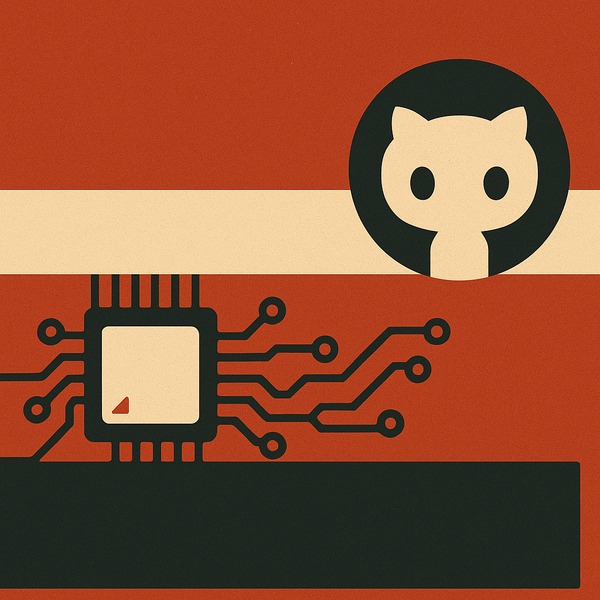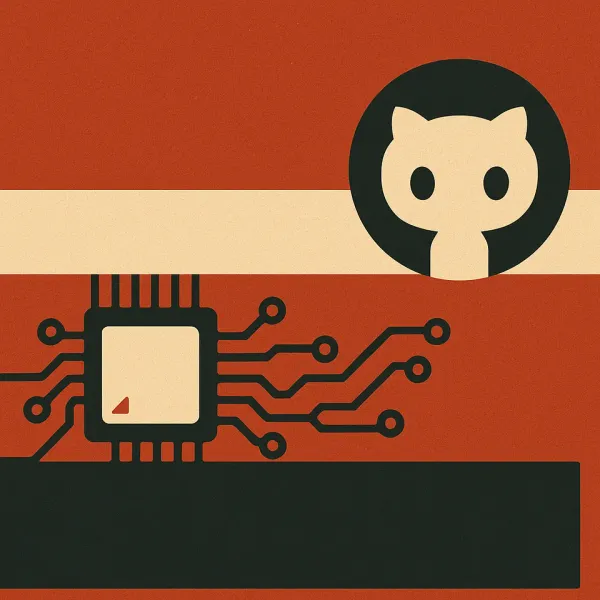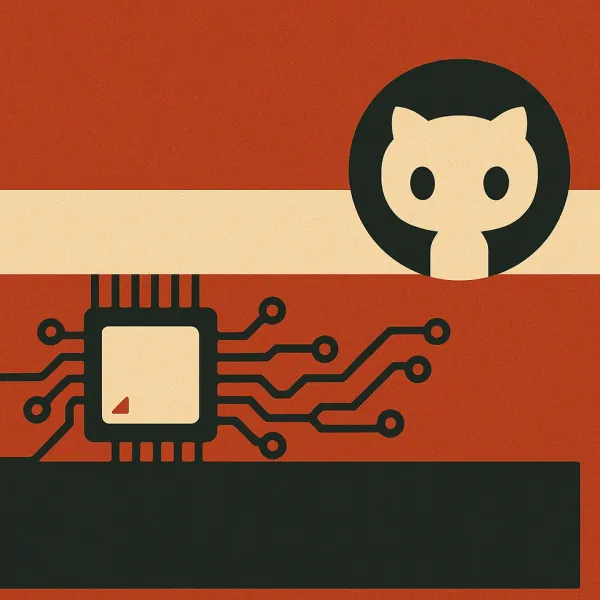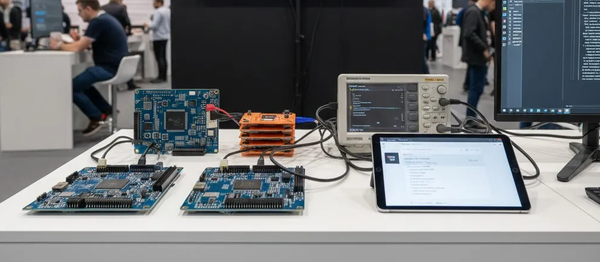v25.8.1 is here!
Armbian v25.8.1 delivers Kernel 6.16, new board support, and official Debian Trixie compatibility.
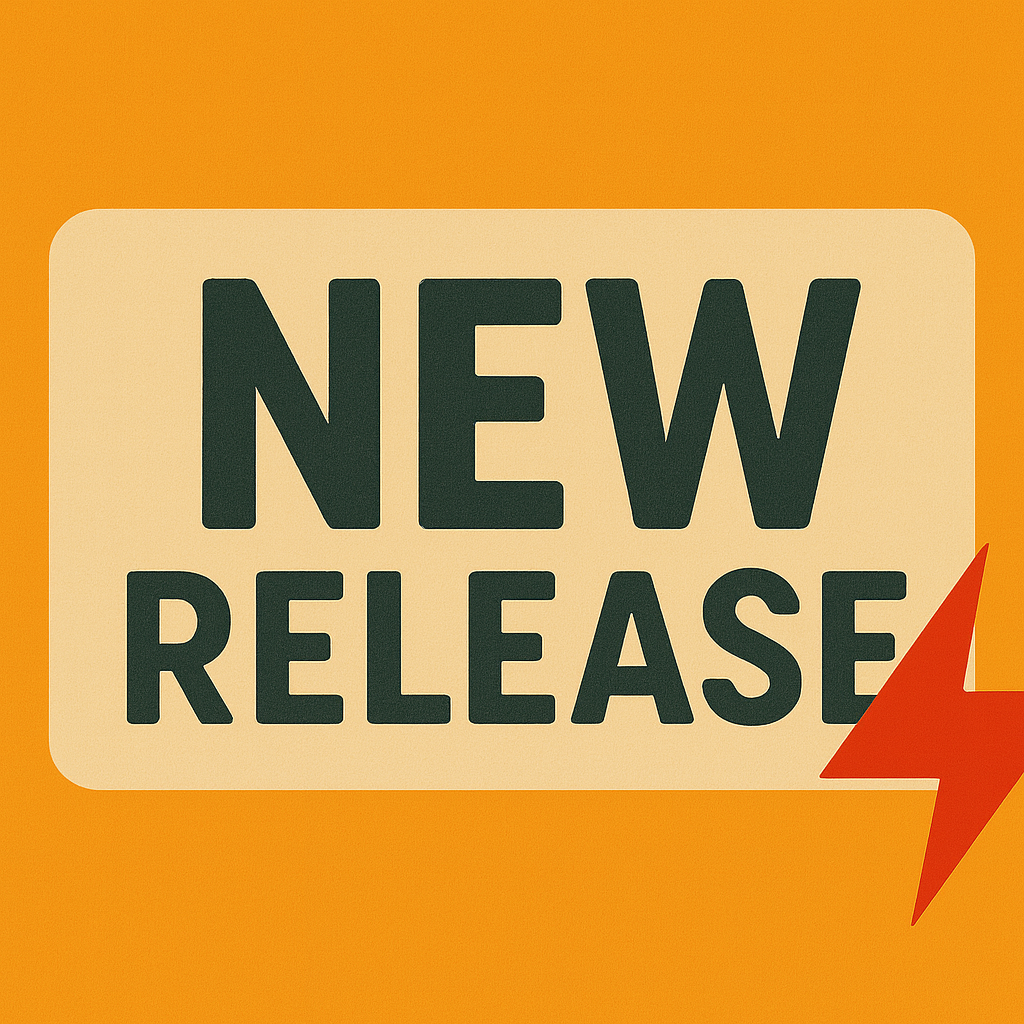
Armbian, a leading Linux distribution tailored for single-board computers (SBCs), has officially announced the release of v25.8.1, a significant update that landed on August 2025. This release marks another stride in the project's mission to deliver a reliable, high-performance, and versatile Linux ecosystem for ARM-based devices. The latest version is a testament to the power of community-driven development, packing a wealth of improvements, expanded platform support, and robust kernel and bootloader updates that will benefit developers and enthusiasts alike.
Kernels, Bootloaders, Firmware
At the core of the August release is a strong focus on reinforcing the operating system’s foundation. The Armbian team has delivered extensive updates across both the Linux kernel and bootloader components. Most platforms have advanced to Kernel 6.16 on their EDGE branches, while the STABLE branch remains on the long-term supported Kernel 6.12. These upgrades go beyond new features bringing critical security patches, performance improvements, and broader hardware compatibility for Armbian users.
In addition to kernel updates, this release also refreshes key firmware components. U-Boot and Arm Trusted Firmware (ATF) have been updated across multiple boards, enhancing the reliability of the boot process. These low-level improvements are essential to delivering a smooth and consistent user experience especially when supporting the wide variety of SBC hardware in the Armbian ecosystem.
Board Support
One of the most exciting aspects of any Armbian release is its growing hardware support and v25.8.1 is no exception. This release introduces new Platinum-supported boards, including the Mekotronics R58 HD and NanoPi R3S LTS, alongside several community-supported targets such as the CAINIAO CNIoT-CORE, KickPi K2B, Radxa Cubie A5E, Banana Pi R4, and Orange Pi 5 Pro. These additions highlight Armbian’s ability to keep pace with the fast-moving SBC market, while also reflecting the collaborative contributions of its community.
Beyond new hardware, the release delivers important fixes and driver updates across existing platforms. Thermal sensors are now enabled on the Rock-5C, audio functionality has been restored on the RockPi-S, and the Wake-on-LAN service has been fixed on the Helios4. Driver support has been bolstered with new additions for the Realtek RTL8822CS and Innosilicon USB3 PHY, a touchscreen driver for the NanoPi M6 in mainline kernel, and key fixes for DSI displays on the Raspberry Pi 5. Together, these improvements strengthen Armbian’s position as a practical and versatile platform for everything from DIY smart home setups to demanding industrial applications.
Userspace, Framework, armbian-config
This release also brings a set of userspace, build framework, and configuration utility improvements. A key milestone is the official addition of Debian Trixie as a supported release, with this cycle focused on ensuring Trixie images are ready and stable. At the same time, a minimal Debian Bookworm image is kept for each target to maintain compatibility where needed. Other highlights include package adjustments on Trixie, correcting login screen alignment, updating the boot logo, and ensuring signing key management by keeping a symlink to the old location for compatibility. The build framework was also extended with support for the new loong64 architecture.
The configuration framework (armbian-config) has also seen major updates. Networking features were expanded with improved WireGuard support, covering both client setups and LAN routing, while Pi-hole integration was improved with Unbound, and general bugfixes. Overlay management was made more reliable, and Docker installations became more robust. Continuous integration and testing were strengthened with better duplicate module detection and automated container cleanup, ensuring smoother development workflows. New functionality was added as well, including Cockpit support with KVM integration, and new modules such as Ghost CMS.
Full changelog
Community Contributions
Thanks to everyone who contributed to this release, including:
@igorpecovnik @pyavitz @FantasyGmm @HeyMeco @leggewie @rafayahmed317 @EvilOlaf @vascoguita @chainsx @schmiedelm @amazingfate @jclds139 @juanesf @gbrdead @belegdol @c127dev @paolosabatino @efectn @retro98boy @mdziekon @SuperKali @Ayush1325 @ZjemCiKolege

